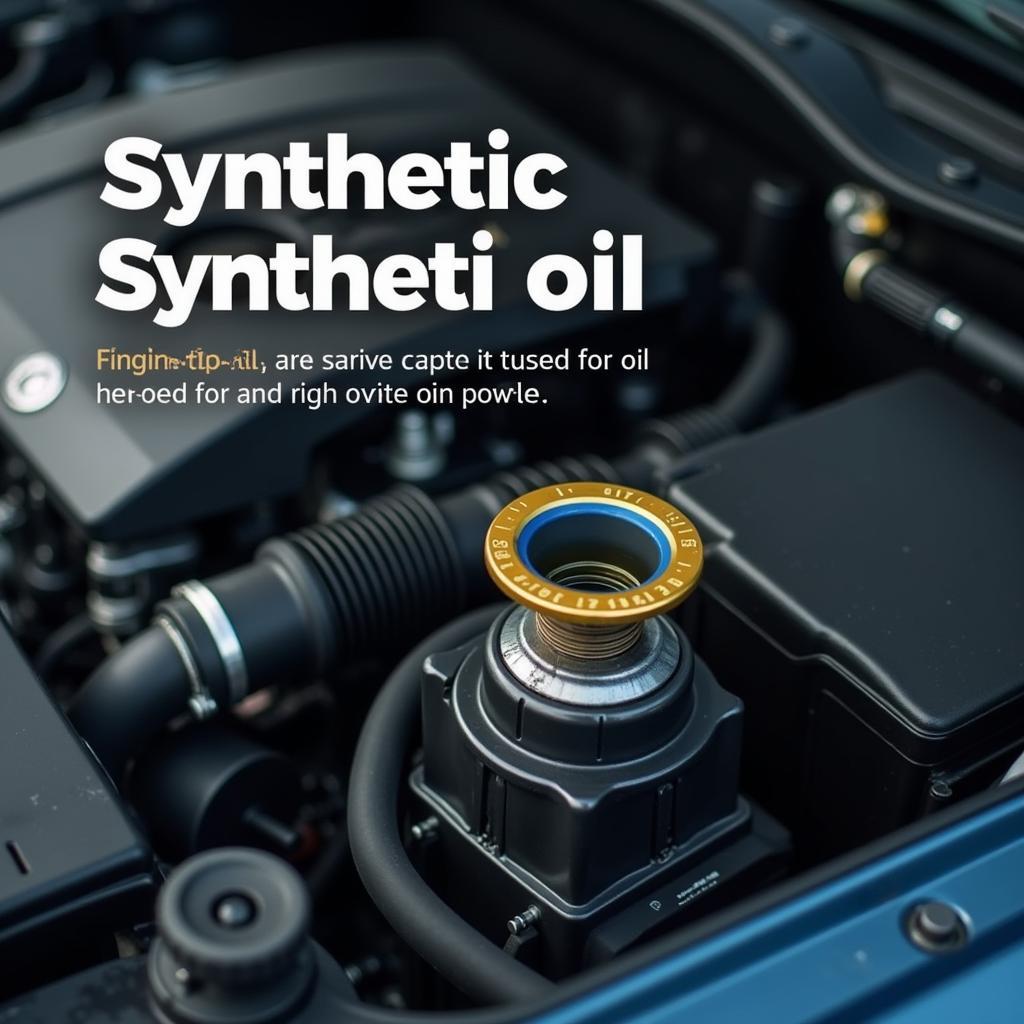Car service intervals can vary, and you might be wondering why some are recommended at 20,000 kms. Several factors influence this, from the vehicle’s make and model to driving conditions and even the type of oil used. Understanding these factors can help you keep your car running smoothly and avoid costly repairs down the line.
Factors Influencing 20,000km Service Intervals
Several key elements contribute to why some manufacturers recommend a 20,000km service interval. Let’s delve into the most significant ones:
Advances in Engine Technology and Synthetic Oils
Modern engines are built with tighter tolerances and more advanced materials than older engines. This, coupled with the use of synthetic oils, allows for longer intervals between oil changes. Synthetic oils are engineered to withstand higher temperatures and maintain their viscosity for extended periods, offering superior protection compared to conventional oils.
Vehicle Manufacturer Recommendations
Each car manufacturer conducts rigorous testing to determine the optimal service schedule for their vehicles. This takes into account the specific engine design, the types of materials used, and the anticipated operating conditions. These recommendations are outlined in your owner’s manual and should be adhered to for optimal vehicle performance and longevity.
Driving Conditions and Habits
While the manufacturer’s recommendations provide a baseline, your actual driving conditions and habits play a significant role. Frequent stop-and-go city driving, extreme temperatures, towing heavy loads, and driving on dusty or unpaved roads can put extra stress on your vehicle and necessitate more frequent servicing, potentially even before the 20,000km mark.
Understanding Your Car’s Specific Needs
The 20,000km service interval isn’t a one-size-fits-all solution. It’s crucial to consult your owner’s manual for your vehicle’s specific service recommendations. Some manufacturers might specify different intervals for different components, such as air filters, brake pads, or coolant flushes.
Why Following the Recommended Service Schedule Matters
Adhering to the recommended service schedule is vital for maintaining your car’s health and performance. Regular servicing not only helps identify potential problems early on but also ensures that your vehicle operates at peak efficiency, potentially saving you money on fuel and preventing costly repairs in the future.
“Sticking to the recommended service schedule is like giving your car regular check-ups at the doctor,” says John Smith, Automotive Engineer at Advanced Auto Solutions. “It’s preventative medicine for your vehicle.”
Beyond the Basics: What’s Included in a 20,000km Service?
A typical 20,000km service usually includes an oil change, oil filter replacement, and a thorough inspection of various components, including brakes, tires, fluids, lights, and belts. Some services might also include air filter replacement, cabin air filter replacement, and a check of the battery and charging system.
“Don’t just assume every 20,000km service is the same,” advises Sarah Jones, Lead Mechanic at Precision Auto Care. “Check with your service provider to understand exactly what’s included in their service package.”
Conclusion
Understanding why some car service intervals are 20,000 kms involves considering a combination of factors, including advancements in engine technology, the use of synthetic oils, manufacturer recommendations, and your individual driving habits. By adhering to the recommended service schedule outlined in your owner’s manual and adapting to your driving conditions, you can ensure your vehicle’s longevity, performance, and safety.
FAQ
- Is it okay to exceed the 20,000km service interval? No, exceeding the recommended interval can negatively impact your engine’s health and performance.
- What happens if I don’t service my car at 20,000 kms? Neglecting regular servicing can lead to premature wear and tear, reduced fuel efficiency, and potentially expensive repairs.
- How can I find my car’s recommended service schedule? Refer to your owner’s manual for the manufacturer’s specific recommendations.
- What type of oil is best for my car? Consult your owner’s manual for the recommended oil type and viscosity.
- How often should I check my tire pressure? Check your tire pressure at least once a month and before long trips.
- What should I do if I hear unusual noises coming from my car? Schedule an inspection with a qualified mechanic as soon as possible.
- How can I find a reputable car service provider? Ask for recommendations from friends, family, or online forums.
Common Scenarios and Questions:
- Scenario: My car is new and uses synthetic oil. Do I still need to follow the 20,000km service interval? – Answer: Yes, even with synthetic oil, other components require regular checks.
- Scenario: I mostly drive on highways. Can I extend my service interval? – Answer: Consult your owner’s manual, but highway driving generally puts less stress on the engine.
- Scenario: I often tow a heavy trailer. Should I service my car more frequently? – Answer: Yes, towing puts extra strain on your vehicle, necessitating more frequent servicing.
Further Reading and Related Articles
For more information on car maintenance and repair, explore these resources on CarServiceRemote:
- [Link to article about different types of oil]
- [Link to article about understanding your car’s dashboard warning lights]
Need assistance? Contact us via WhatsApp: +1(641)206-8880, Email: [email protected]. Our customer service team is available 24/7.


